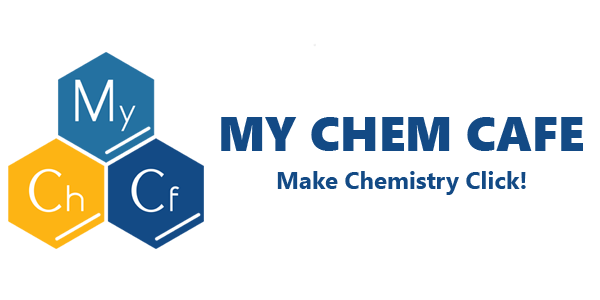44. Chemical Energetics in a Nutshell
Introduction to Chemical Energetics
What is Energy? Simply put, energy is defined as the ability to work. In Chemistry, this entails moving n object by an application of force and is measured by the unit joules. Energetics forms a fundamental part of the Chemistry subject, which Chemistry tutors will collectively agree to. In Chemistry tuition, Chemistry tutors will emphasise the fact that no Chemical reaction can proceed without some form of energy, and hence understanding the different types of energy and the different type of reactions is essential when studying Chemistry.
Types of Chemical Reactions
Energy is required in chemical reactions as it is used to break the bonds in reactants to form products. When the products are formed, energy is released too. The most notable form of energy as will be revealed by Chemistry tutors in Chemistry tuition, would be heat. There are two types of energetics reactions- exothermic and endothermic. When the energy required to break the bonds in the reactants is greater than the energy released from the bond formation in the products, the reaction is said to be endothermic. The resulting effect is that heat is absorbed from the surroundings. A reaction is said to be exothermic when the energy required to break the bonds in the reactants is less than the energy released during the bond formation in the products, thus resulting in heat released to the surroundings.
Energy Changes in chemical reactions
In Chemistry tuition, Chemistry tutors will often rely on diagrams to illustrate the change in energy levels during a chemical reaction. The energy stored in reactants is denoted by enthalpy, H. As the value of enthalpy in both reactants cannot be deduced, the difference between the two can be measured and is noted as △H. Endothermic reactions would have a positive enthalpy change value while exothermic reactions would have a negative value. The enthalpy change levels can be measured experimentally using a device known as a calorimeter. Alternatively, energy changes can be directly calculated using bond enthalpies. If the enthalpy levels are known for all the bonds in the reactants and products, the overall enthalpy change can be calculated. Chemistry tutors will reveal that although this method has its limitations, it is widely adopted in the Chemistry syllabus as calorimeters are expensive and complex equipment to operate.
Entropy a measure of disorder
Another common term that arises during the study of this topic, is entropy. In Chemistry tuition, Chemistry tutors may spend more time discussing this area as it tends to prove difficult for many students. Entropy, denoted by the unit S, refers to the distribution of energy among the various particles in a system. The entropy levels are higher when there are more ways to distribute the energy. In Chemistry tuition, tutors will simply explain this term to be the level of disorderliness in a system. Chemistry tutors will explain that an increase in entropy, or disorder, may result from the mixing of particles, a change in stage, increased movement of particles, and more. Entropy is important, as together with the enthalpy change, it is used to determine the spontaneity of a chemical reaction.
Click HERE to read next
Chemistry Tuition Singapore @ MY CHEM CAFE
Principal Chemistry Tutor: Mr. Jacky Wong


